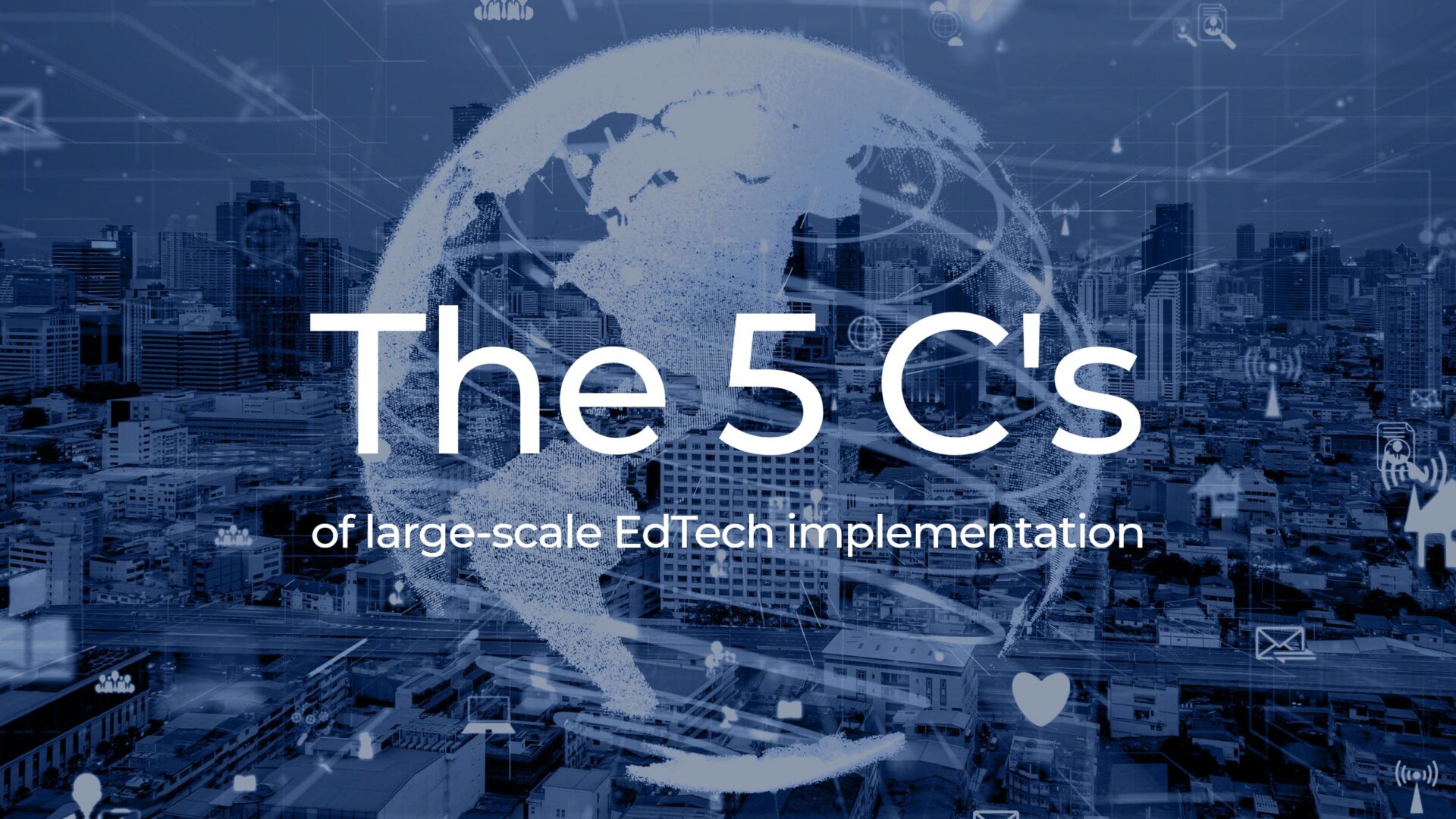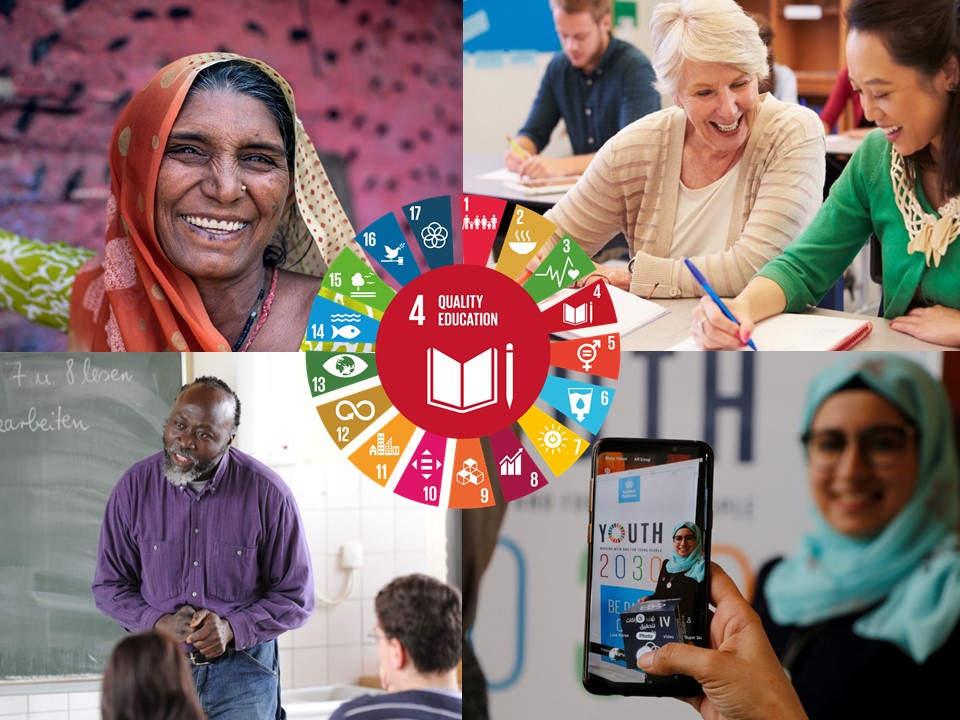Sustainability, as an interdisciplinary concept, refers to sustainable development as “development that meets the needs of the present without compromising the ability of future generations to meet their own needs” (Brundtland 1987). Sustainability in education, therefore, becomes increasingly important for the next generation, who are exposed to a wide range of challenges, from climate to economics. One of the major concerns is the ongoing impacts brought about by climate change affecting environmental sustainability in various regions of the world, which in turn could affect social and economic sustainability. Education is considered one of the fundamental factors of economic growth and social progress. Furthermore, instruction time is the most obvious input in the production of education.

Thought Document
Whizz Education Responds to the UK Schools Whitepaper 2022
On the 28th March 2022, the UK Government’s Secretary of State for…

Thought Document
Funding Education will save the planet – why is it so often a second priority?
In a collection of transcribed speeches published in 2019, entitled No One…

Thought Document
Why the five C’s of EdTech are not enough
The 5 C’s of EdTech Ministries of Education and funding stakeholders in…

Thought Document
What the history of international funding programmes teaches us about how to achieve the 2030 SDG 4
Introduction The recent joint publication by the UNESCO Institute for Statistics and…

Report
Recovery without Burden: A Manifesto
Recovery without Burden: A Manifesto Whizz Education believes that every child deserves…

Report
Enabling EdTech Adoption: Numeracy Insights from Project iMlango
iMlango was a flagship EdTech project operating in four rural counties in…
